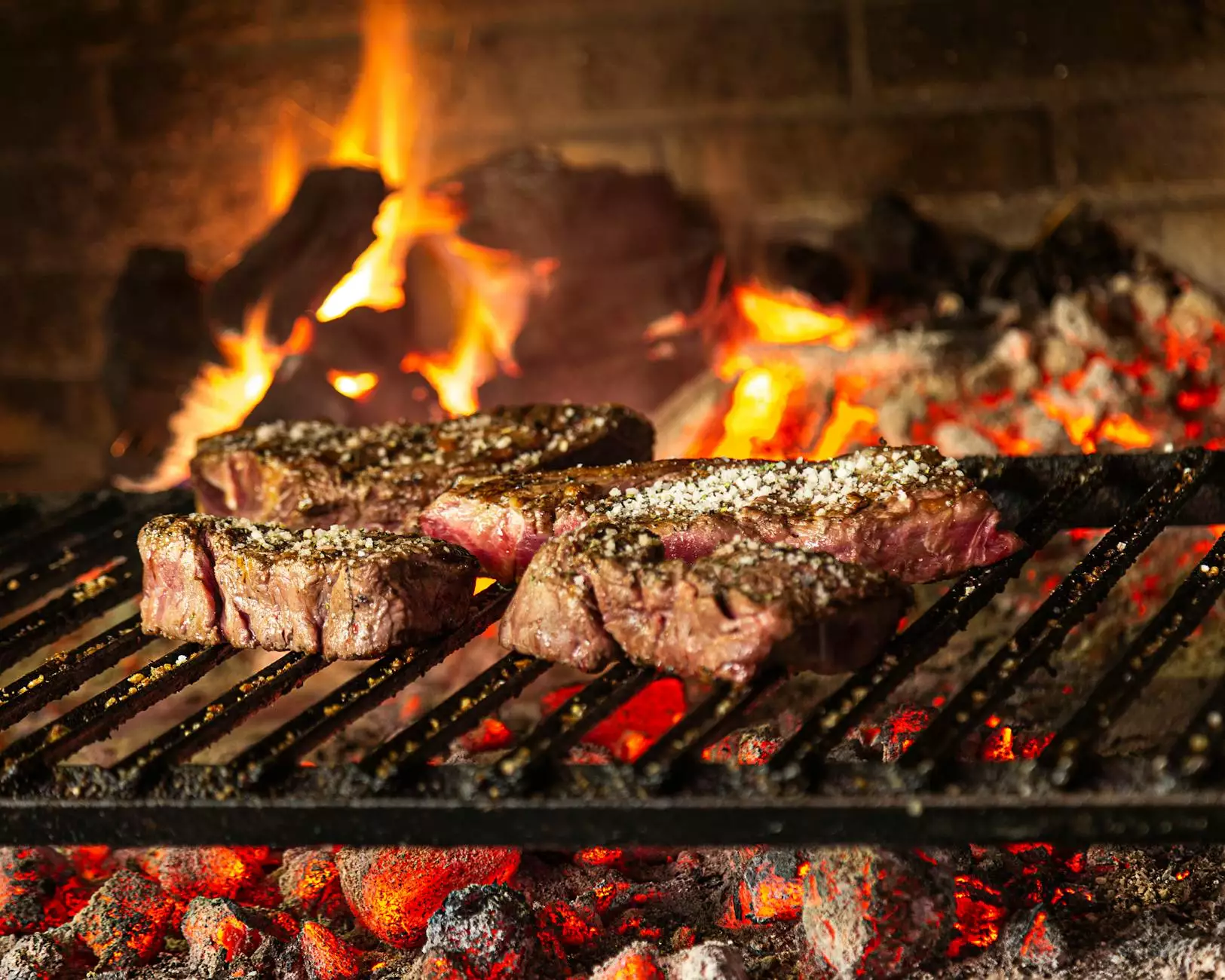How to Stop Grinding Teeth at Night

Teeth grinding, also known as bruxism, is a common issue that affects many people. While it may seem harmless, grinding your teeth at night can lead to serious oral health problems, including worn-down teeth, headaches, and jaw pain. In this article, we will explore effective methods on how to stop grinding teeth at night, helping you achieve a healthier, more restful sleep.
Understanding Bruxism: What it is and its Causes
Bruxism is the involuntary grinding and clenching of teeth, often occurring during sleep. It's important to understand the underlying causes of bruxism to effectively address it. Here are some common causes:
- Stress and Anxiety: Elevated emotions can cause muscle tension and teeth grinding.
- Sleep Disorders: Conditions like sleep apnea can increase the likelihood of grinding teeth.
- Misaligned Teeth or Jaw: An improper bite can lead to excessive grinding.
- Caffeine and Alcohol: Both substances can disrupt your sleep and lead to increased grinding.
- Medications: Some antidepressants and medications can lead to bruxism as a side effect.
How to Identify If You Grind Your Teeth at Night
Identifying bruxism can sometimes be tricky. Here are some signs that you may be grinding your teeth at night:
- Frequent Headaches: Waking up with headaches is often a sign of bruxism.
- Sore Jaw Muscles: Morning jaw soreness can indicate teeth grinding.
- Worn or Cracked Teeth: Look for signs of wear on your teeth, which may be caused by grinding.
- Increased Tooth Sensitivity: Sensitivity can result from enamel erosion due to grinding.
- Noisy Nights: A partner may hear you grinding your teeth while you sleep.
Why Stopping Teeth Grinding is Essential
It's crucial to address teeth grinding due to the negative impacts it can have on your oral health and overall well-being. Consequences of untreated bruxism include:
- Tooth Damage: Worn-down teeth can require costly dental repairs.
- Jaw Disorders: Grinding may lead to temporomandibular joint (TMJ) disorders.
- Chronic Pain: Long-term grinding can lead to chronic headaches and facial pain.
- Sleep Disruption: The grinding can lead to disturbed sleep both for you and your partner.
Effective Strategies on How to Stop Grinding Teeth at Night
Now that we understand the implications of bruxism, let's delve into effective strategies on how to stop grinding teeth at night.
1. Stress Management Techniques
Since stress and anxiety are major contributors to bruxism, implementing stress management techniques can be beneficial. Consider the following:
- Meditation: Daily meditation can significantly reduce stress levels.
- Yoga: This practice can help relax the mind and body, reducing the urge to grind.
- Deep Breathing Exercises: Practicing deep breathing before bed can calm your mind.
2. Maintain a Sleep Routine
Having a consistent sleep routine can help improve the quality of your sleep, making it less likely for you to grind your teeth:
- Regular Sleep Schedule: Go to bed and wake up at the same time every day.
- Relaxing Bedtime Rituals: Engage in calming activities, such as reading or taking a warm bath, before bed.
3. Limit Substances that Contribute to Bruxism
Certain substances can heighten the risks of teeth grinding. Limit or avoid the following:
- Caffeine: Reduce intake of coffee, tea, and energy drinks, especially in the afternoon.
- Alcohol: Limit alcohol consumption as it can disrupt sleep cycles.
- Tobacco: Smoking is known to increase bruxism severity.
4. Dental Solutions
Your dentist can provide several solutions that specifically target teeth grinding:
- Night Guards: These custom-fitted devices can protect your teeth from grinding damage.
- Dental Corrections: If misalignment is an issue, your dentist may recommend orthodontic treatments.
5. Behavioral Changes
Implementing behavioral therapies can help you change habits associated with bruxism:
- Avoid Chewing Non-Food Items: Refrain from chewing gum or pencils as it can contribute to teeth grinding.
- Be Mindful: Pay attention to situations or feelings that trigger grinding during the day.
Consulting with Professionals
If teeth grinding persists, it is advisable to consult with healthcare professionals. A dentist can diagnose bruxism and recommend effective treatment options tailored to your situation. Additionally, speaking with a therapist can help address underlying psychological factors that contribute to bruxism.
Long-term Management of Teeth Grinding
Overcoming bruxism may take time and ongoing effort. Here are some long-term management strategies:
- Regular Dentist Visits: Keep up with dental appointments for continued assessment of your teeth and jaw health.
- Keep a Sleep Diary: Monitor your sleep patterns and any occurrences of grinding to identify triggers.
- Involve Your Partner: Obtain feedback from a sleep partner who may notice patterns of grinding.
Conclusion: Embracing Healthier Sleep Habits
In conclusion, knowing how to stop grinding teeth at night is critical for your overall health. By understanding the causes of bruxism and implementing various strategies, you can mitigate its effects and enjoy a more restful sleep. Don't hesitate to consult with professionals if needed and make the necessary lifestyle changes to safeguard your oral health. Your smile deserves care and attention—prioritize your well-being for a brighter, pain-free tomorrow!
Additional Resources
For more information on dental health and effective treatments, visit 92 Dental. Stay informed and take charge of your dental health today!









